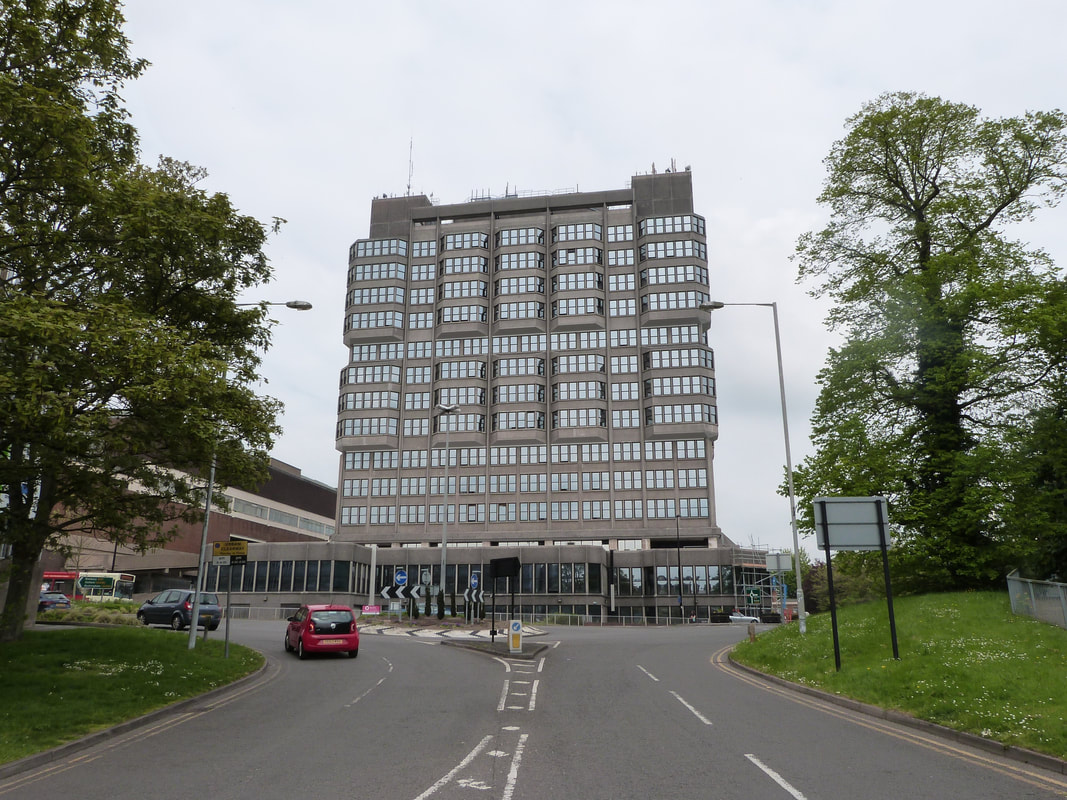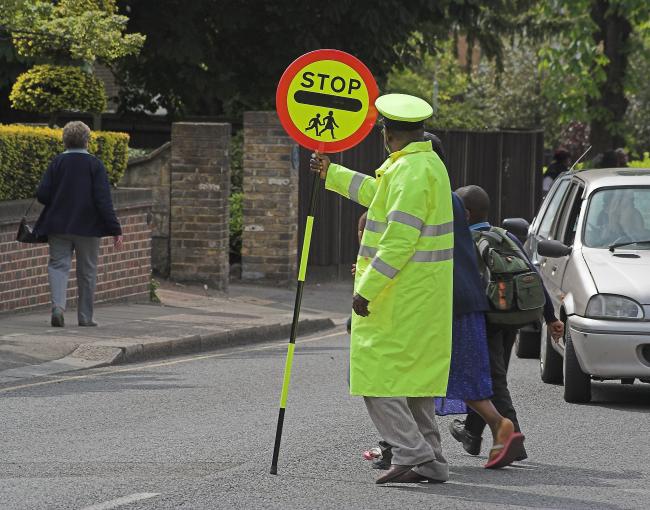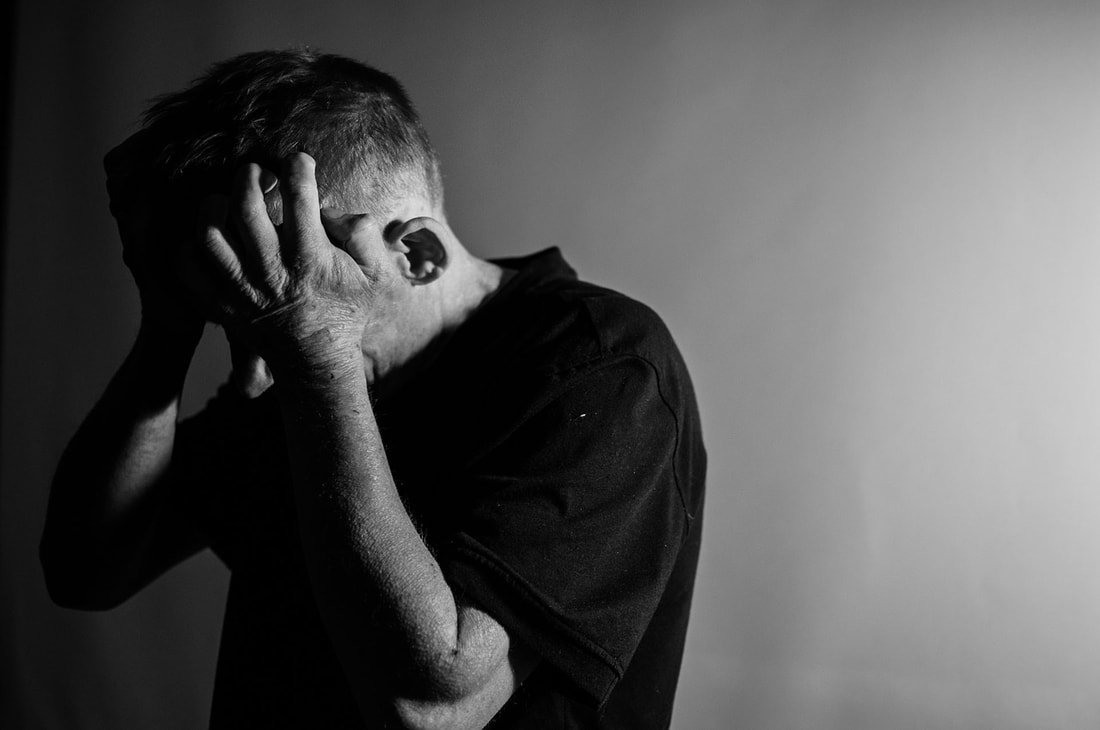|
This is the penultimate post on the history of Mobility Lab, If you haven't checked out Part 1, Part 2, Part 3, Part 4, Part 5 or Part 6, then you should before reading on. Compared to a lot of other people in the world, we have lived a relatively priveleged life. Don't get us wrong, we have known suffering and hard times. Growing up in a working class neighbourhood in the UK in the 1980s meant there were some evenings where we did go without a meal. But it wasn't what we would call true suffering. Certainly not compared to the increasing number of homeless people that are now too common. But everyone experiences dark times. And so that characterised the early days of Mobility Lab. Before all of that, we spent 18 months back in local government at Buckinghamshire County Council. We spent that time leading the Sustainable Transport Team. A lovely team of 5, they delivered far more than their small budget belied. As well as managing all of the 70-plus School Crossing Patrollers, Corinne and Gina led a number of sustainable travel initiatives including Bikeability training, training the Junior Road Safety Officers. Fiona organised the largest programme of health walks of many-a local authority, and loved every second of it. Nicky, and then Kathryn, kept over 100 schools enthusiastic for sustainable travel. All brilliantly led by Katie. The wider Transport Strategy Team were pretty awesome as well. Not only writing strategies, but winning big amounts of funding for transport schemes, and keeping the wheels of strategic transport planning going. All excellently led by Joan and Ryan. The weak link in all of this? It was us actually. Right now all the publicists among you are thinking "this is a website where you meant to be showing how good you are. Why are saying this?" It's simple really. We were the weakest link, and we have no qualms about saying it. As much as you shout about your strengths, you must acknowledge your weaknesses. They show you who you are, and what you learn from these mistakes speaks more about you than going on about your strengths. We found it hard going. Leading a team was hard. The commute was hard. The circumstances were hard. Just putting your head down and getting on with it doesn't cut it when your head is in the firing line. We did not learn this quickly enough, and our own performance and that of the team suffered as a result. We never really recovered either, despite being given numerous opportunities to. We needed a new mindset to how we delivered our work, and we did not adapt quickly enough. You can't hide, you must lead. And leading is something that you can only learn the hard way. It took us until 6 months after we left Buckinghamshire to realise that. And to even to start learning from it. Whilst at the same time we were learning whole new, and even tougher lessons about setting up an entirely new company. Mobility Lab was formally incorporated in November 2018. We have run a whole host of seriously cool projects and events in the time that we have formally been in business. We even hired staff and a team of associates to help us out, and it nearly broke us. It turns out that wanting to put communities at the heart of transport policy? There's not much money in it. We set ourselves up to do great things to empower others, but in order to help out others you need to be able to support yourself. And we lost the first year of Mobility Lab because of this. There is no sugar-coating this. We nearly lost everything. That included the house and the family. Being in that situation completely re-wires your brain. At points we saw no way out. Every path through the woods was lined with ravenous wolves waiting to pounce when we slipped up. For a good 6 months everything spiralled downwards. No major peices of work. No sleep. No hope. Time to end it all, if you get what we mean. Those sorts of depths are hard to get out of. People fight these depths every day of their lives. Many of them never make it out of them. We cannot say for certain what really helped us out of those depths. Great friends and supporters helped. Winning work definitely helped. Actually having a rest also helped. So did the great people at the Natwest Accelerator in Milton Keynes, who really were great friends when we needed them to be, and whose advice we eventually listened to. Looking back on that time now gives us a strange feeling. Many of the troubles of the first year are still with us (we are working on them). In a way we are thankful that we got to experience it, as we deserved it for many stupid decisions. It was a necessary evil for us to experience. Even if for the best part of a year we have been unable to achieve what we wanted. We needed to experience it not only to face the brutal reality of the free market, but to completely change how we work as an organisation, and how we approach the projects that we do. In addition to learning brutal facts about how we do things, we learned brutal facts about others as well. We always knew that changing transport was going to be a hard task. There are certain truths that are accepted by our sector about how transport is, and certain nicities about how transport should be. This is a very important distinction to make, as it is something that blurred our thinking for a long time. And was at the heart of the mistakes that we made.
Things that the profession accepts as 'is' include efficiency, safety, economic performance, and reliability. All necessary, and things that we accept are important. The nicities include sustainability, access to services, even we daresay putting joy into people's lives. We have learned over the years that the nicities are as important to people as the things that we consider important as professionals. Occupying the space between the essentials and the nicities in this way is not an easy place to be. We thought it would be because, well, it made sense to us. We got lucky in the end. Projects came along to keep us afloat, and we have a small core of good friends that have helped us through the tough time. Now that we have, our purpose is clear for us, as well as what needs doing to make it all change. Because we never want to go back to that dark place again. And we want to lift people out of those same dark places. One transport scheme at a time.
2 Comments
Mobile Service Delivery Optimization- QRyde
Reply
Leave a Reply. |
Categories |





 RSS Feed
RSS Feed